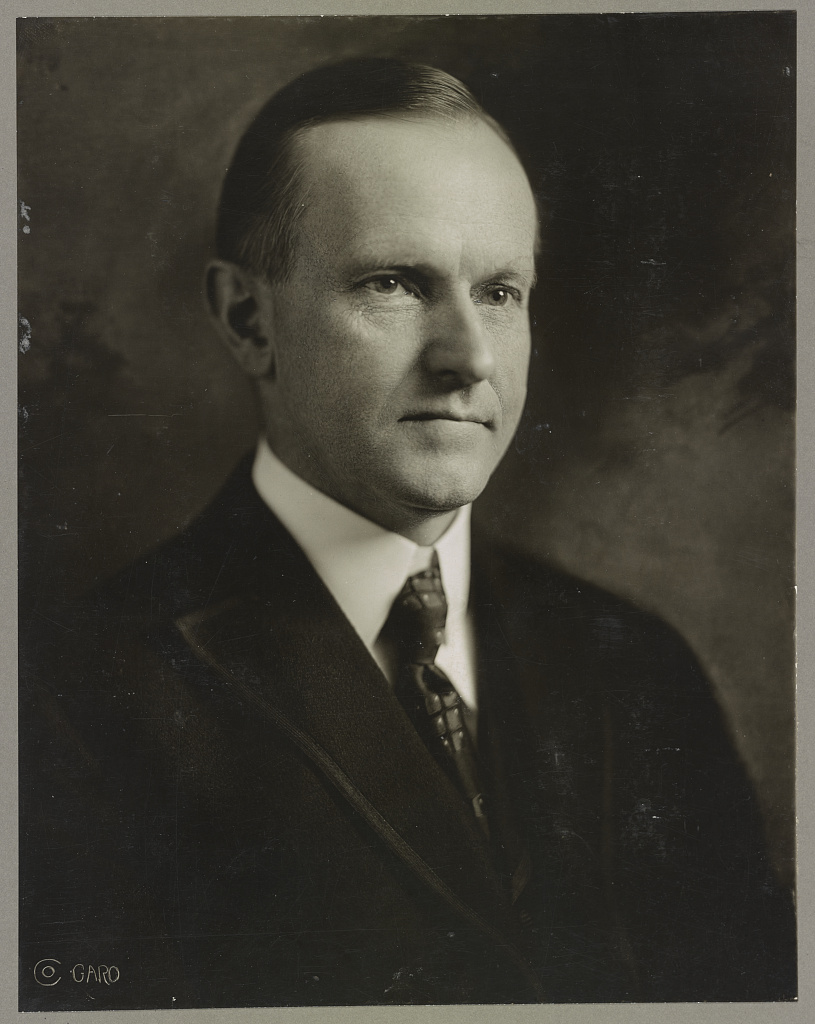
Commander and Gentlemen of the Grand Army of the Republic:
A long custom has brought your gathering on an April day, and provided that there might come into your presence the governor of the Commonwealth– the Commonwealth that you have so richly honored– to bring to you the official greeting of all your fellow citizens.
It is a most grateful task; one in which I take a peculiar pleasure, not only because it represents the satisfaction of your fellow citizens but because it is a duty that is owed and richly merited by the great services that you have so bravely performed.
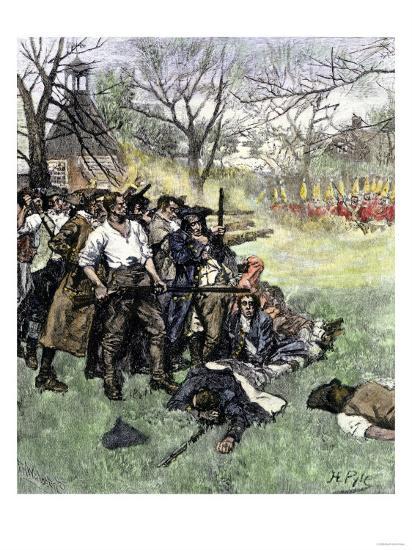
The month of April has meant a great deal in American history, for it was on an April day that there took place that first encounter between the farmers of Middlesex county and the armed representatives of the empire of Great Britain, a day that has gone down in history under the name of Concord and Lexington; and there then began that triumphant march toward liberty that you took up on another April day when your great commander, Abraham Lincoln (applause and cheers) sent out that call for volunteers to which your comrades in Massachusetts were the first of any to respond, and through four years of sacrifice, blood and hard–tremendously hard–fighting you and your comrades maintained and re-established and extended that liberty and that freedom of which the foundation had been laid at Concord and Lexington.
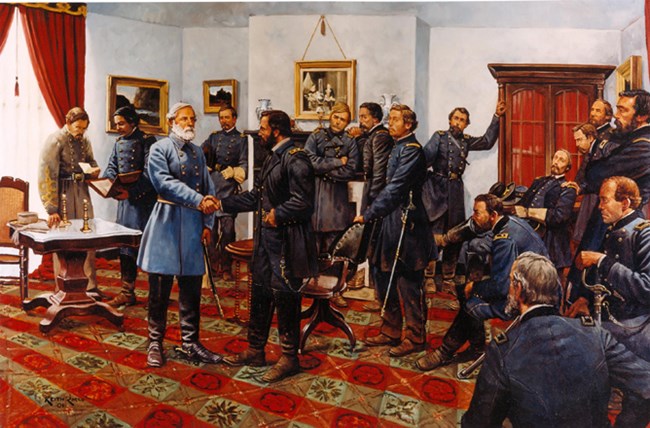
Of course you come here with it freshly in mind that it was an April day at Appomattox that the Southern Confederacy laid down the sword and heard those commanding words that have marked him ever since–from the lips of that great general, Ulysses S. Grant, –“Let us have peace.” (applause)
And we had peace, — a peace that you had established–for more than thirty years until that other April day when one of your comrades, William McKinley (applause) again called upon the armed power of this nation to sweep forever from the western hemisphere all despotic rule.
That task done we had peace again until that April day three years ago when America called upon her sons, your sons, to take up arms in defense of all that we hold most dear; and through that example that you had set, and that the Spanish-American war veterans had set the sons of America hastened as they always have to the support of our country and her flag, and brought again the glory of victory to the Stars and Stripes of our nation. (Great applause)
Those who have had to engage in war I have observed are the last ones that desire to see that experience come to their country again. I have referred to those words of Grant “Let us have peace”; it is a matter of history that your comrade McKinley was one of those who held off as long as he could, and in the bitterness of tears at last had to admit that it was necessary to take up the sword in the Spanish War.
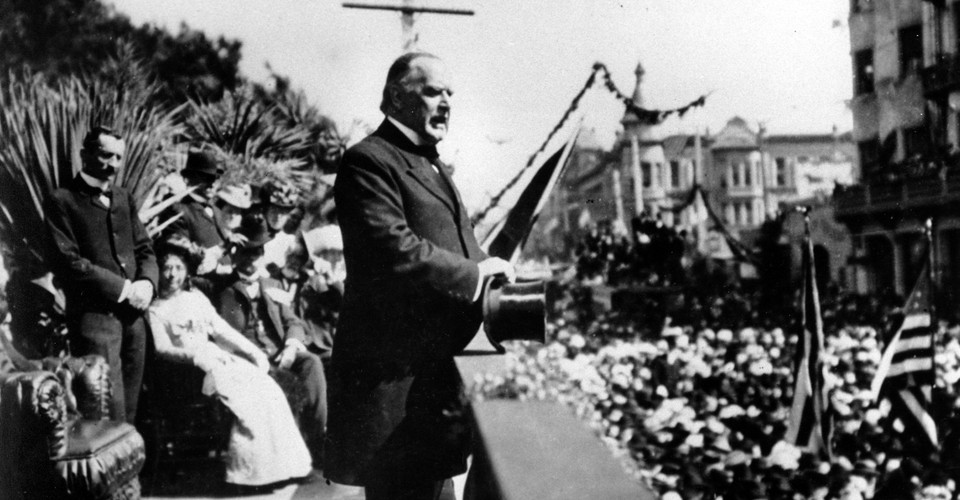
Now, what can we do to provide for the peace of the future?
What was the condition of our country in any of these historical events, to which I have referred that prevented the maintenance of peace and compelled us into the sacrifices of war? I think if you will examine the condition of our country at any of those periods you will see that it would have been possible to have avoided the issue of war had our country made that preparation that was necessary, and known to be necessary, to tell every other country of the world that they would attack us at their own danger. And so coming here today into your presence,–you who have had long experience–glorious but nevertheless full of sacrifice, it seems to me that the lesson that all this teaches is the folly of waiting until war is upon us to maintain an adequate army and an adequate navy for our own national defense. (Cries of “good, good” and applause)
You have served your country; you have served it in war. By your efforts you have served in peace, and by your example, and may there go out from every Post that is established and maintained within the borders of our nation the teaching of your experience and the experience of all our history,–that he who prepares for war, and the nation that prepares for war, is the nation most likely to maintain its peace. (Applause)
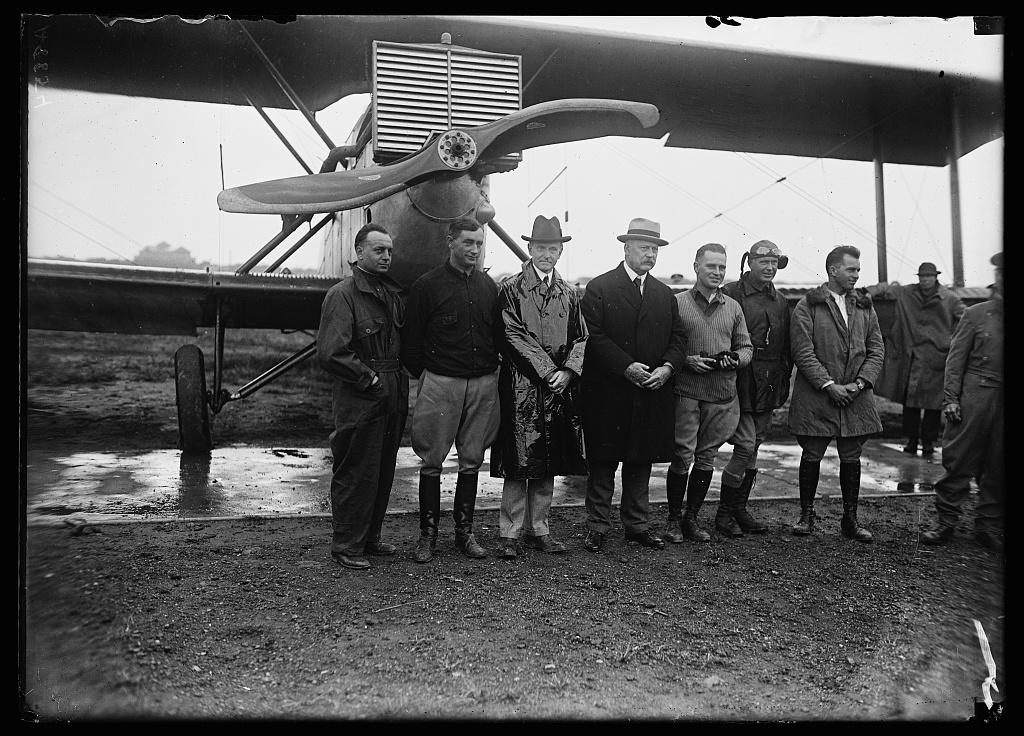
The Commonwealth of Massachusetts has a right to bring to you its official greeting. There stand on the grounds around the State House three monuments to soldiers of the Civil War. There is General Hooker (applause) in front, and General Banks (applause) and General Devens (renewed applause)–all of them soldiers of distinction and of merit. And within that Hall of Flags there are the old banners that you followed through so many days to victory, and no one walks into their presence without uncovering his head and realizing that he is in the presence of that which calls for his attention, and which calls for a mark of reverence and respect.
You men have served the Commonwealth in peace in its most distinguished positions. Your work is not done; so long as men read history, so long as men can see the shattered remains of your once solid phalanx they will realize that not only in your life but will realize that in the pages of history you have given them a great example and a reason for teaching a great and inspiring lesson.
But now that you have come into the afternoon of life; now that you can look back upon all the glory that has been yours, you are reaping the reward that rightfully belongs to you; you are finding as a consolation for your declining years the increasing appreciation of your fellow citizens, and you are hearing from all sides and from all tongues, as it swells in the universal chorus of a now united Nation, — “Well done good and faithful servants.” (Overwhelming applause)
— Calvin Coolidge, April 7, 1920